Nicolai N. Petro is an American political scientist and professor of comparative and international politics at the University of Rhode Island. From July 2013 to July 2014, he was a Fulbright research fellow at Odesa I.I. Mechnikov National University. His research interests include Russian and Ukrainian domestic politics, the political role of Orthodox Christianity, and the development of national identities in the post-Soviet space. He has spent several years in Ukraine as a researcher.
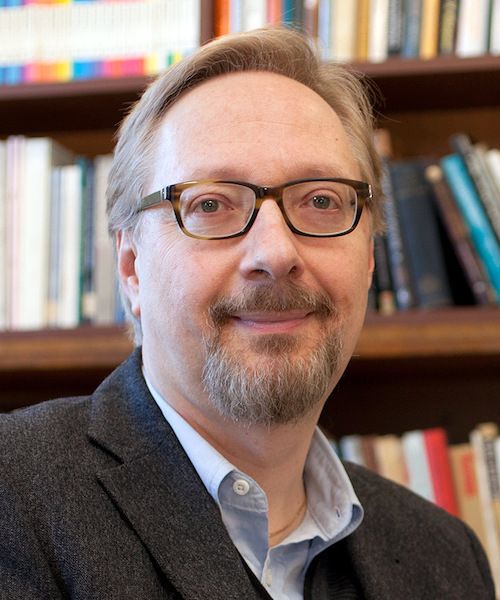
In his latest book—so far published in English and Portuguese—The Tragedy of Ukraine: What Classical Greek Tragedy Can Teach Us About Conflict Resolution, Petro offers a unique perspective on the Russian–Ukrainian conflict by interpreting it through the framework of classical Greek tragedy.
The book argues that the conflict is not merely a geopolitical rivalry but the result of deep internal divisions, similar to those experienced by ancient Athens. In Greek tragedies, just as in today’s Ukraine, social tensions often stem from crises of identity and the demonization of the 'enemy.'
Petro takes the view that lasting peace requires catharsis—a kind of emotional purging that enables societies to see not just a threat in their enemies, but fellow human beings who also suffer. The professor believes that classical Greek tragedy is not just a cultural reference point, but also a potential model for the healing of societies.
What inspired you to approach the Russia–Ukraine conflict through the lens of classical Greek tragedy? Why did you choose this particular cultural reference?
I had been thinking about writing a book about Ukraine ever since our first visit there in 2008. When I won a Fulbright Grant to spend the 2013-2014 academic year in Odessa, I thought of writing about the influence of the Russian Orthodox Church in Ukrainian society. This topic, however, was quickly overtaken by the events that were unfolding around us—the Maidan uprising.
I subsequently spent several more years thinking about how such a seemingly stable society could shatter in just a few short months. I found no suitable approach, until I stumbled upon Professor Richard Ned Lebow’s book The Tragic Vision of Politics. In it, he looks at modern conflicts through the lens of political realism inspired by Thucydides’ classic history of the Peloponnesian War. Thucydides traced the roots of this conflict among the Greeks to the collapse of the traditions and practices that had sustained their civilization for so long. Simply put, war erupted because the leaders of Athens and Sparta decided that they no longer shared ideas, identity, and values, and so were no longer bound to each other.
I felt that this was a good description of what had taken place in relations between Russians and Ukrainians since the Orange Revolution of 2004.
The Role of Catharsis in the Healing of Nations
In your book, the concept of catharsis plays a central role. How do you interpret catharsis in the context of the current geopolitical situation, particularly with regard to Ukraine?
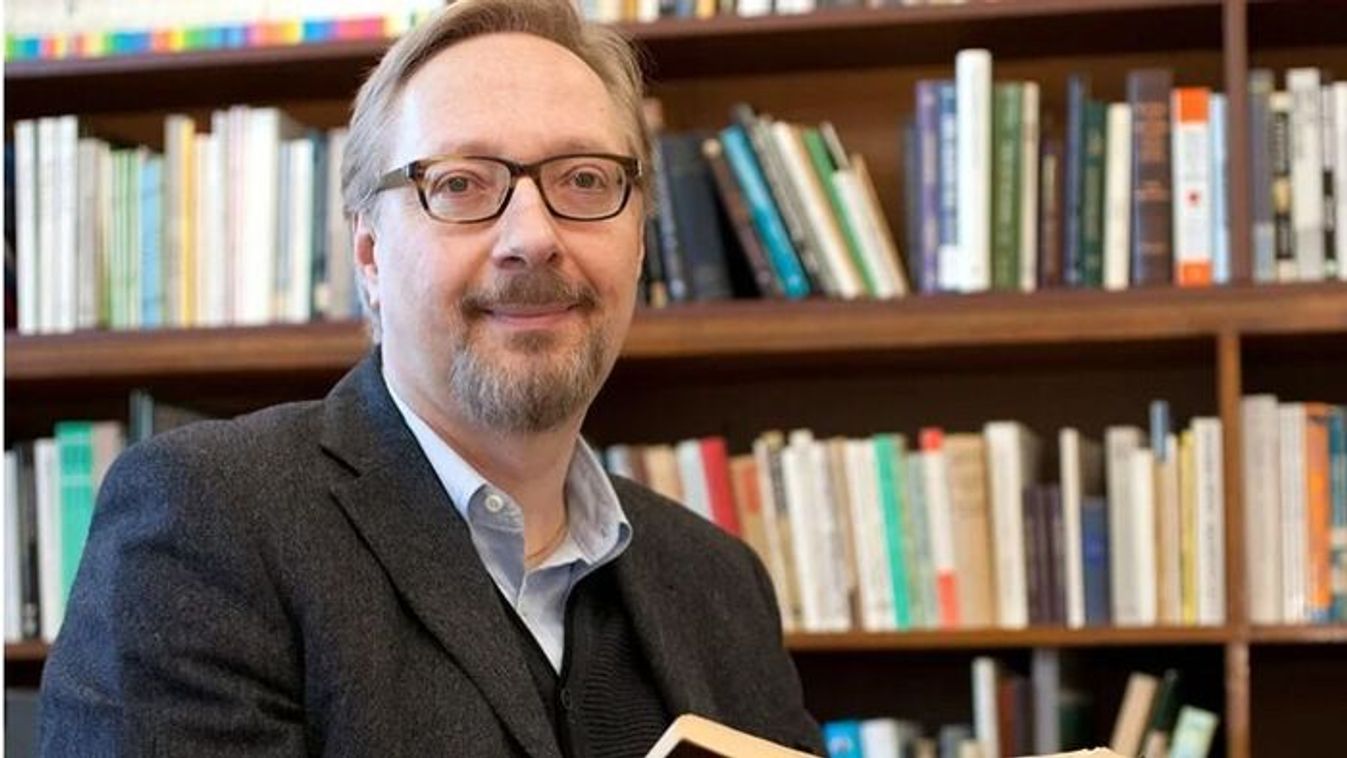
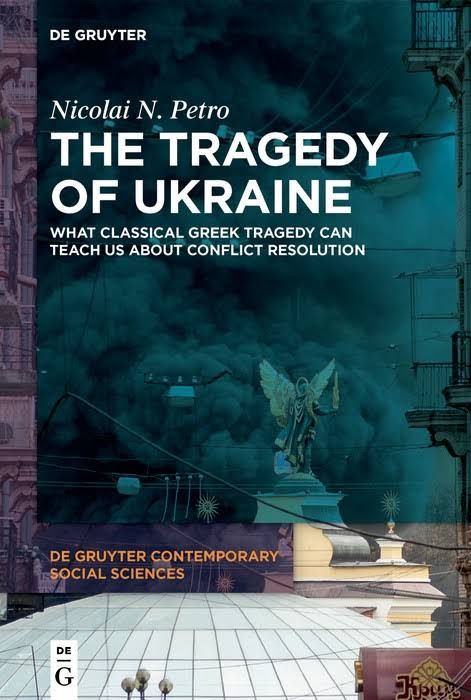
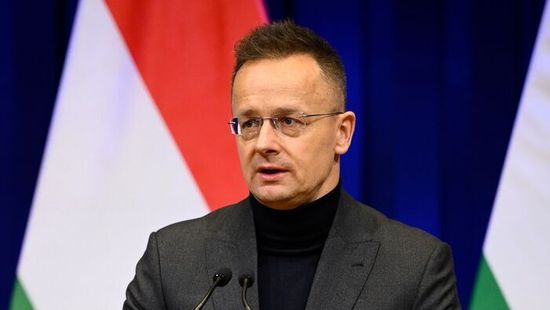

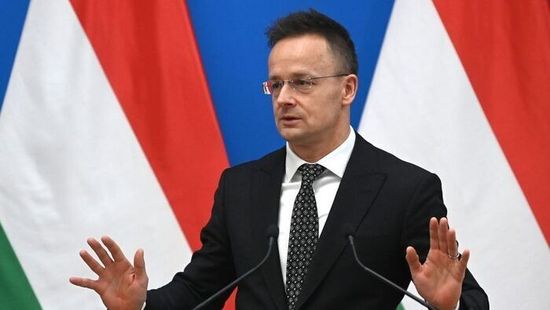
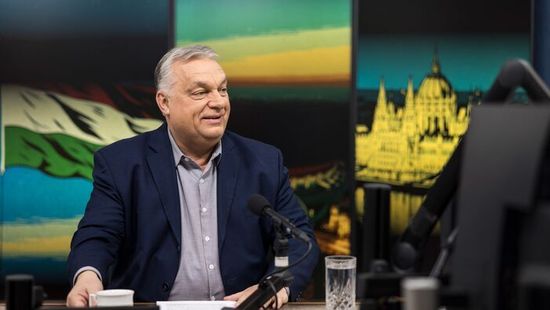

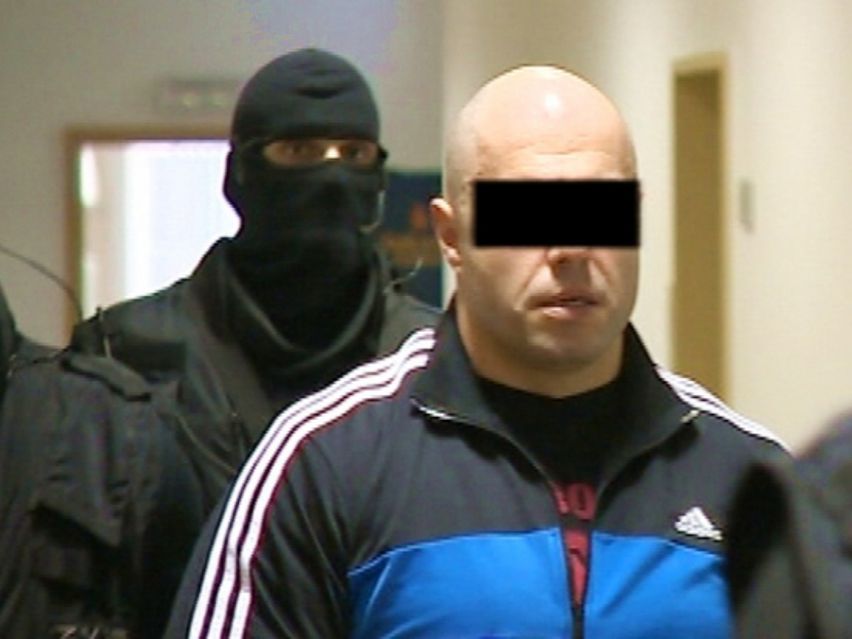
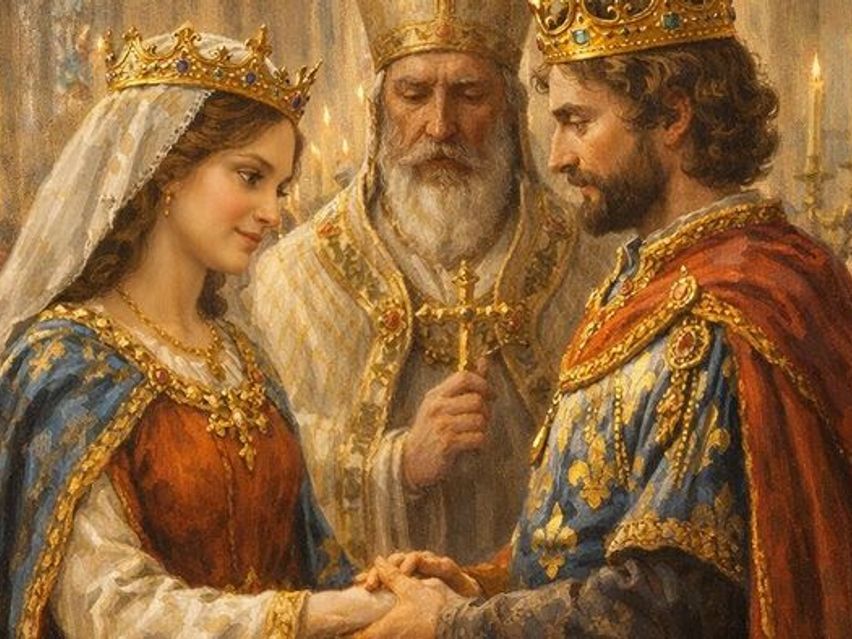
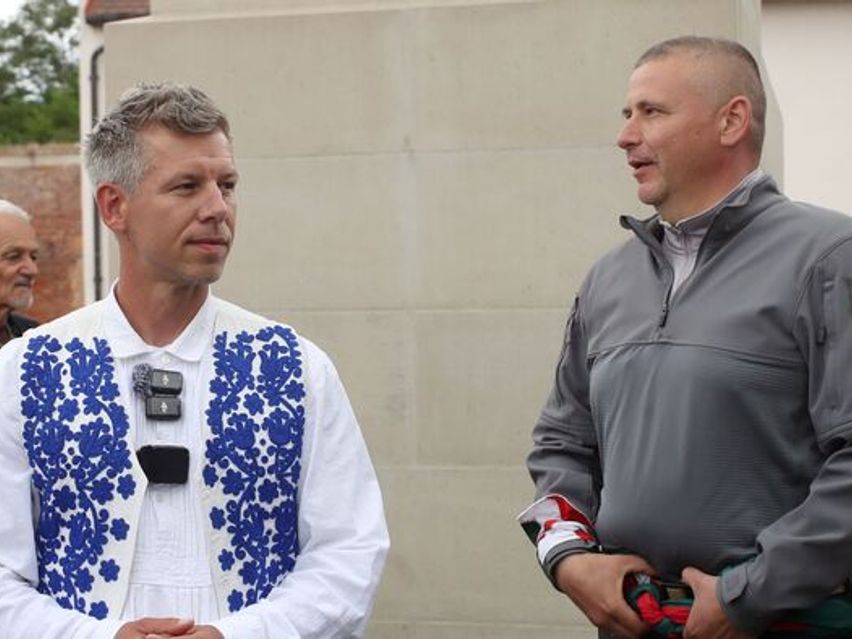
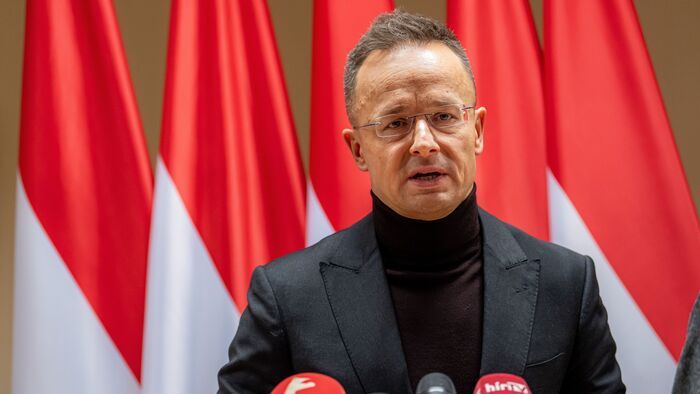

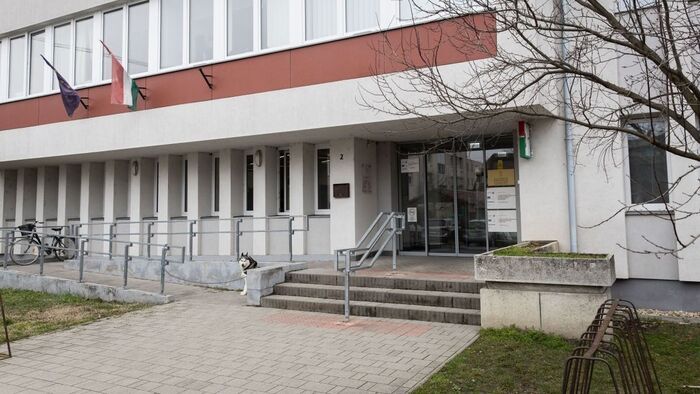
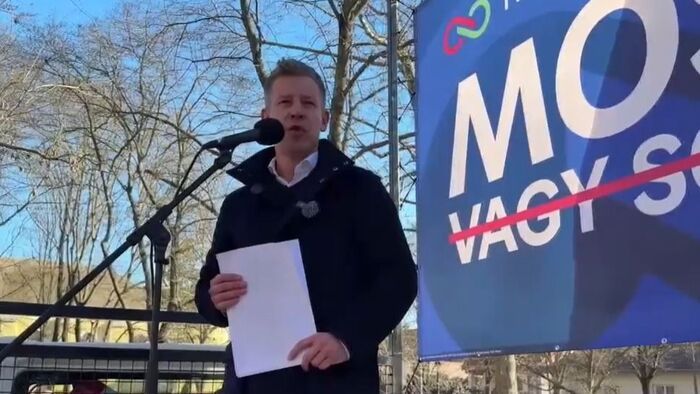
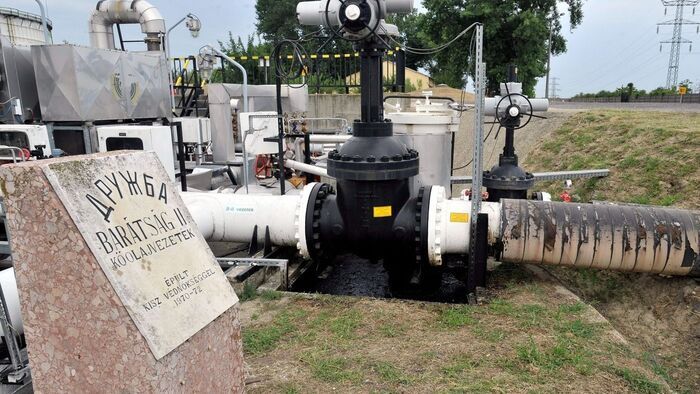

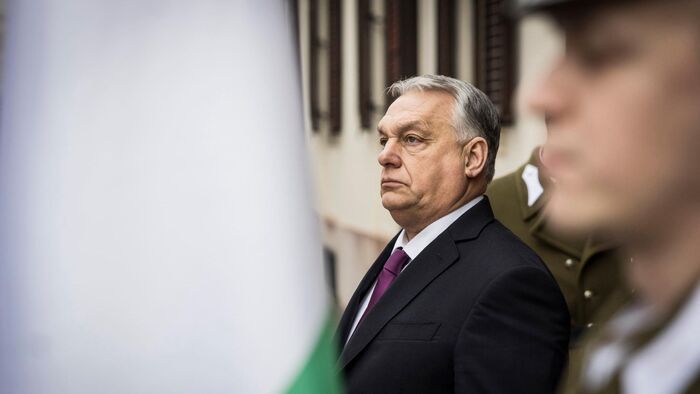
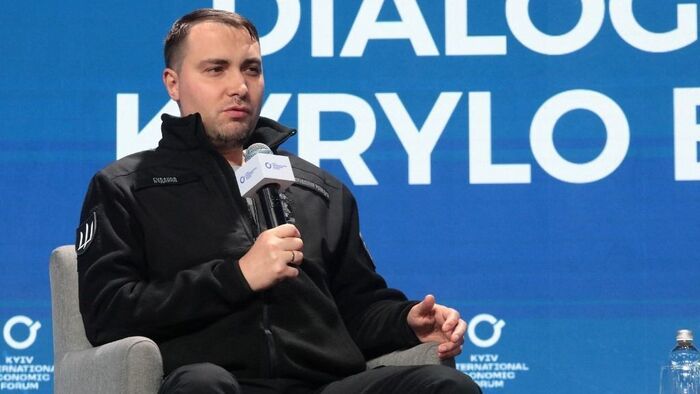
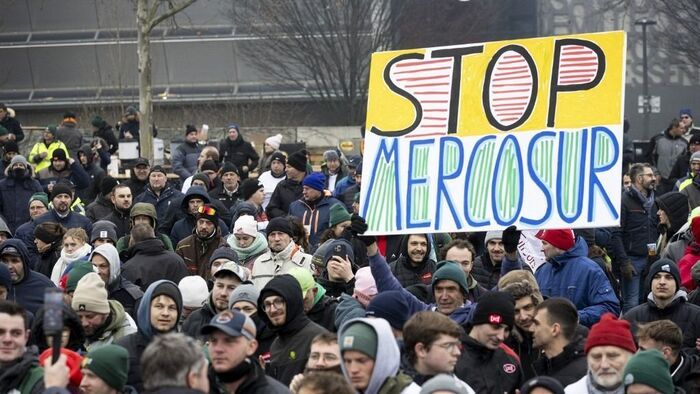


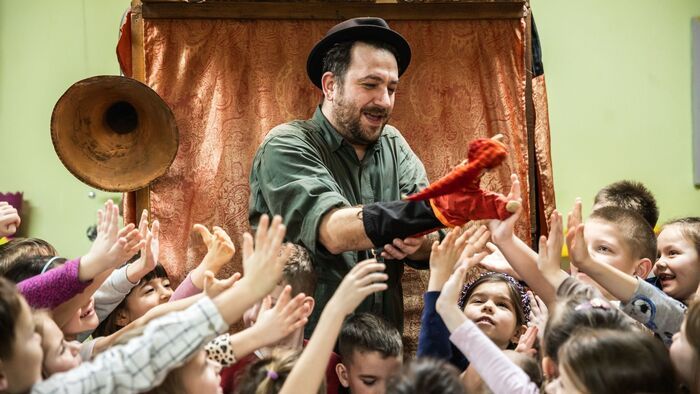


Szóljon hozzá!
Jelenleg csak a hozzászólások egy kis részét látja. Hozzászóláshoz és a további kommentek megtekintéséhez lépjen be, vagy regisztráljon!